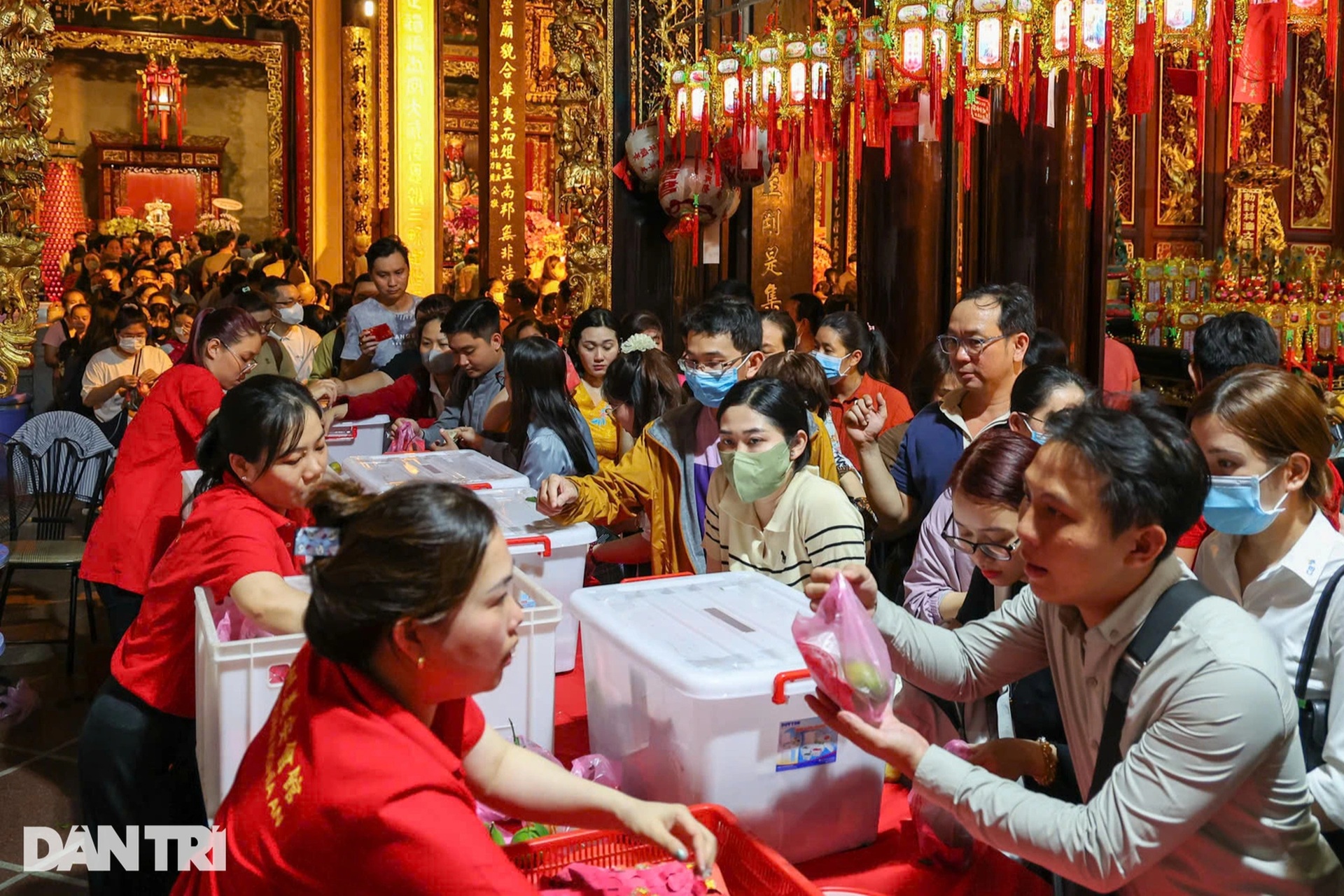
On the evening of February 11, thousands of Chinese people and tourists in Ho Chi Minh City flocked to Ong Pagoda (also known as Nghia An Assembly Hall) to borrow money for good luck and repay the previous year's loan.
Legend has it that Quan Cong - the god worshiped at Ong Pagoda - is a symbol of loyalty and heroic spirit, and is also the patron god, blessing people's business and trade. Therefore, for hundreds of years, many people have believed that if they are "lent" money by Ong, it will bring them luck and prosperity in business.
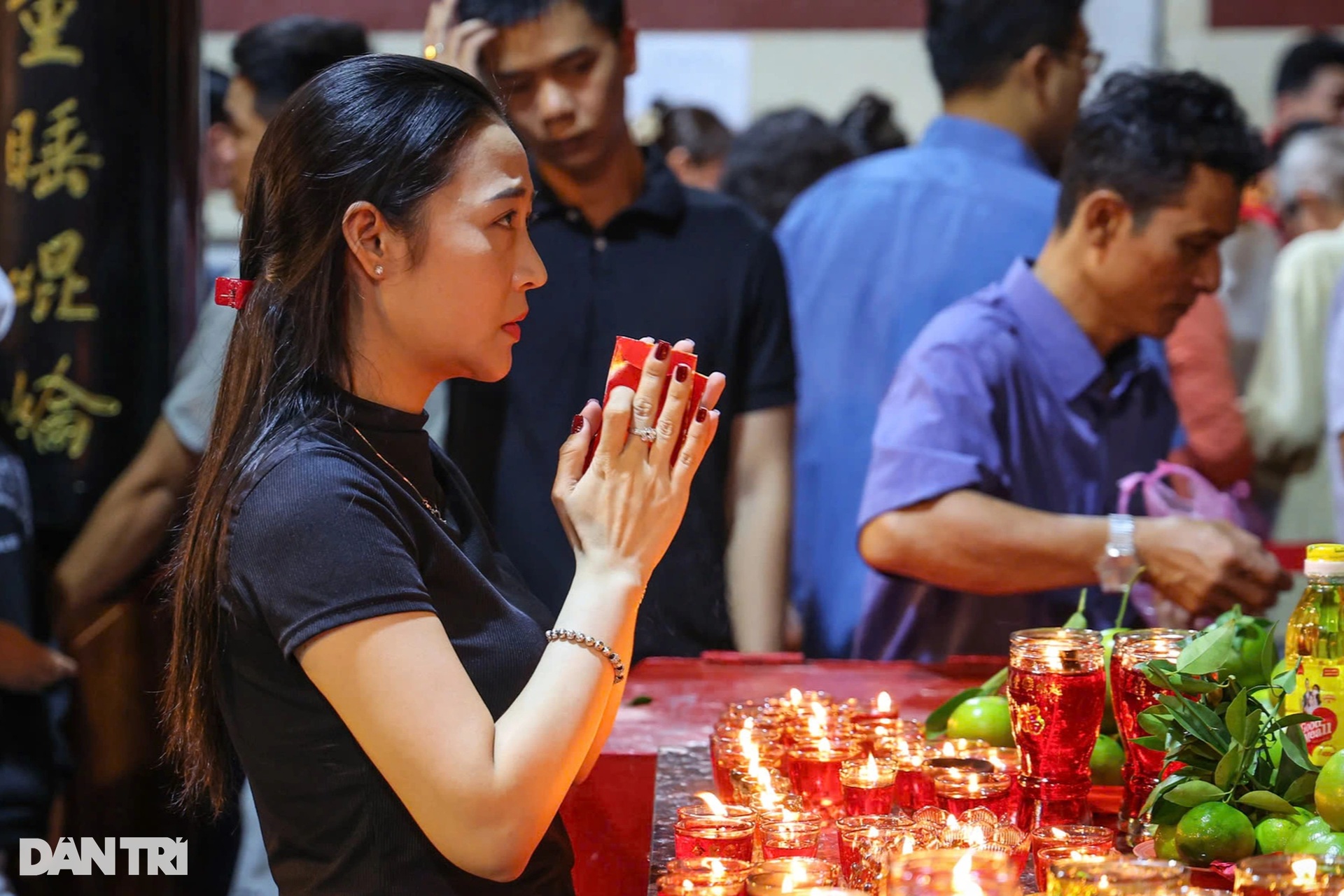
Unlike many other temples, pilgrims coming to Ong Temple, in addition to asking for blessings, can also borrow blessings from Ong and return them the following year. This custom has existed for hundreds of years, gradually becoming a unique traditional custom of the Chinese community.
The loan portion will include a pair of tangerines, a pair of red envelopes and a piece of paper (a type of paper money used to worship gods in Chinese folk beliefs). According to the principle of "what you borrow must be returned", the borrower will have to return double the amount of money borrowed from Ong at the same time next year.
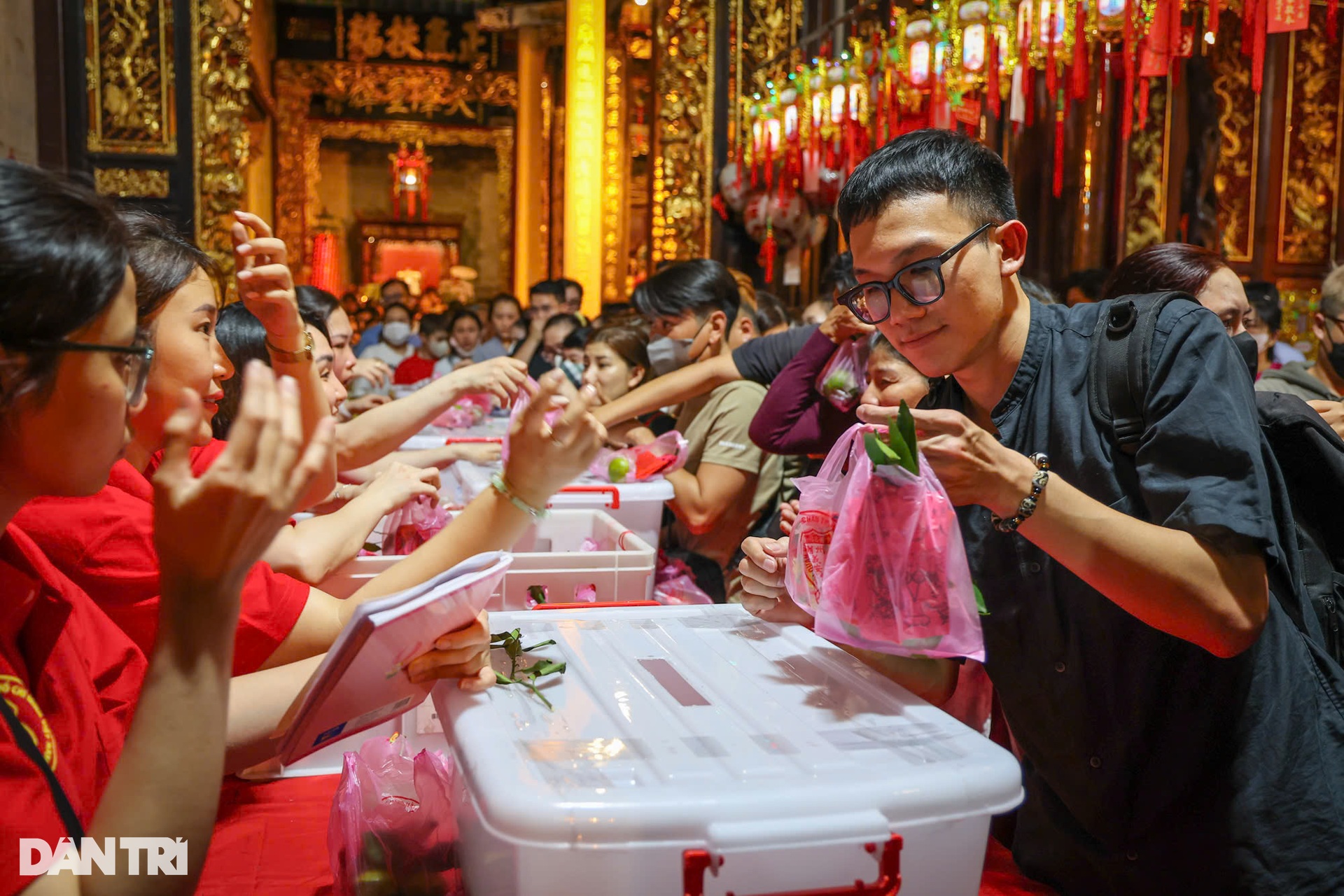
The Ong Pagoda loan activity takes place on the 14th and 15th of the first lunar month every year. From early morning until late at night, more than 20 volunteers at Ong Pagoda are always on duty to support people and pilgrims who come to borrow, request and return the borrowed fortune from last year.
It is expected that during the Lantern Festival, Ong Pagoda will prepare more than 20,000 gifts for people to borrow and receive.
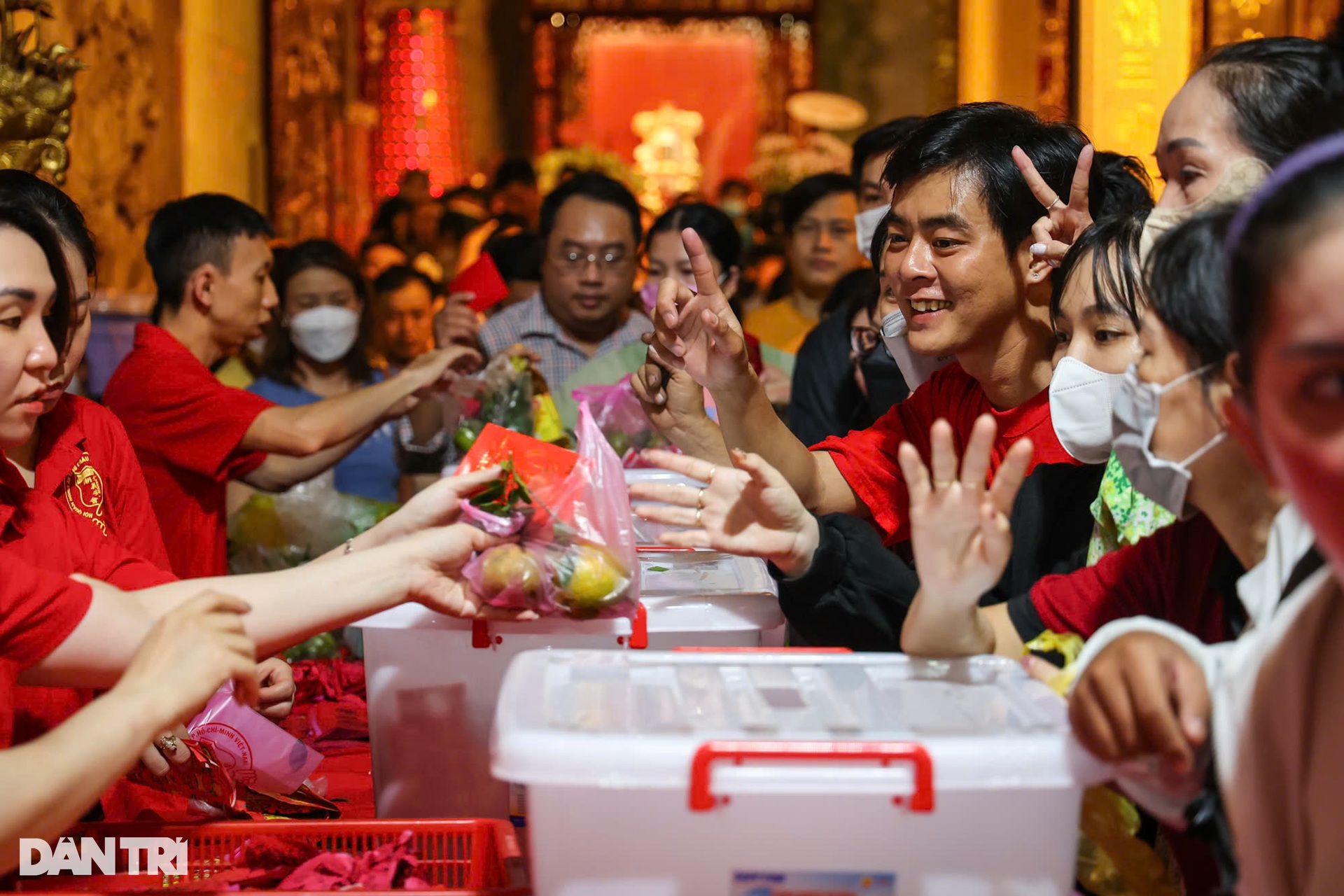
Pilgrims just need to raise their fingers to signal to volunteers the amount of money they want to repay and borrow this year. The borrowing ceremony takes place in a bustling and joyful atmosphere.
There were so many people coming to borrow money that the number of lucky money envelopes was not enough to meet the demand, but many people were still happy and joyful to receive their loan.
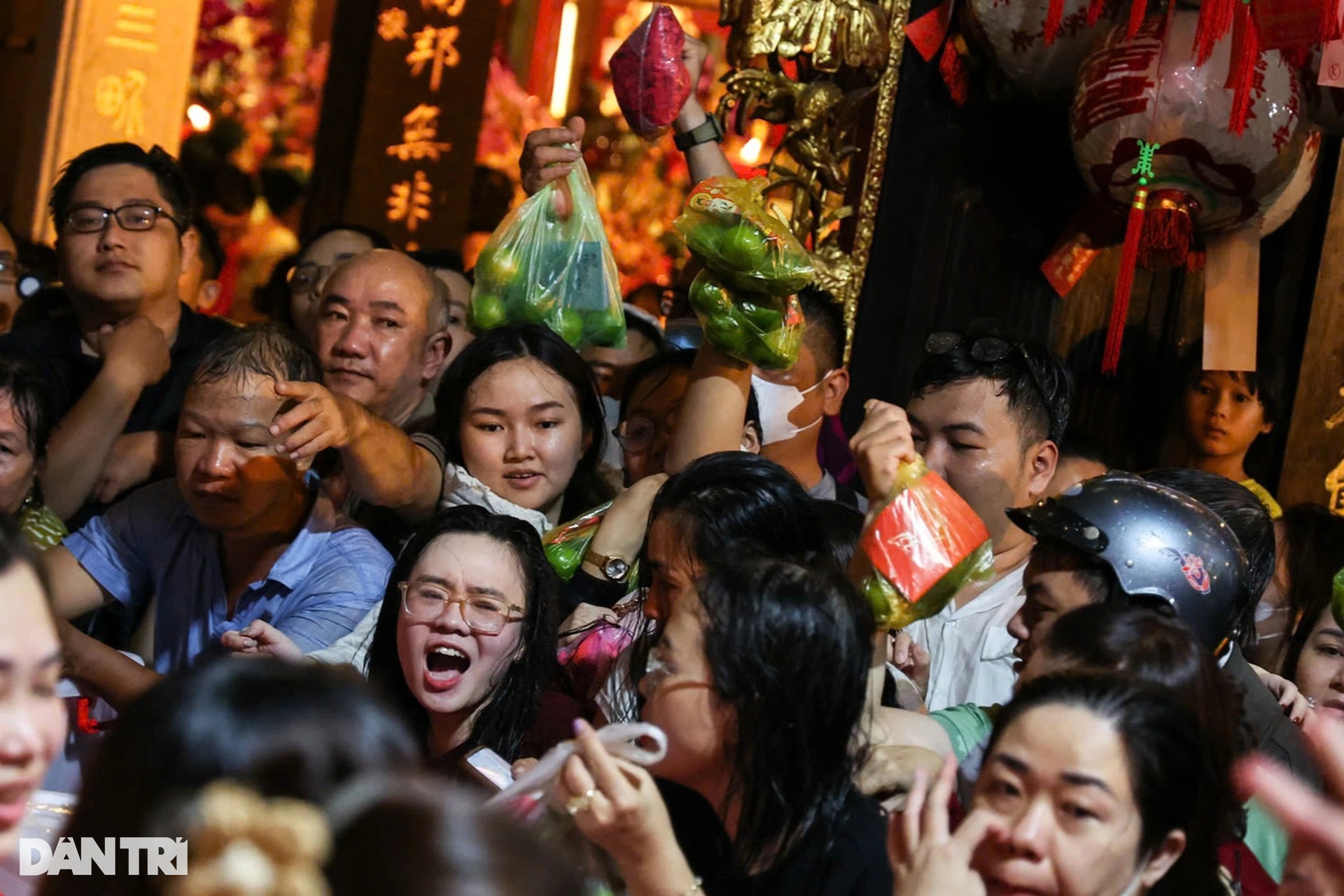
At night, the number of people coming to ask for luck is more crowded, everyone wants to be "lent" money by the Lord.
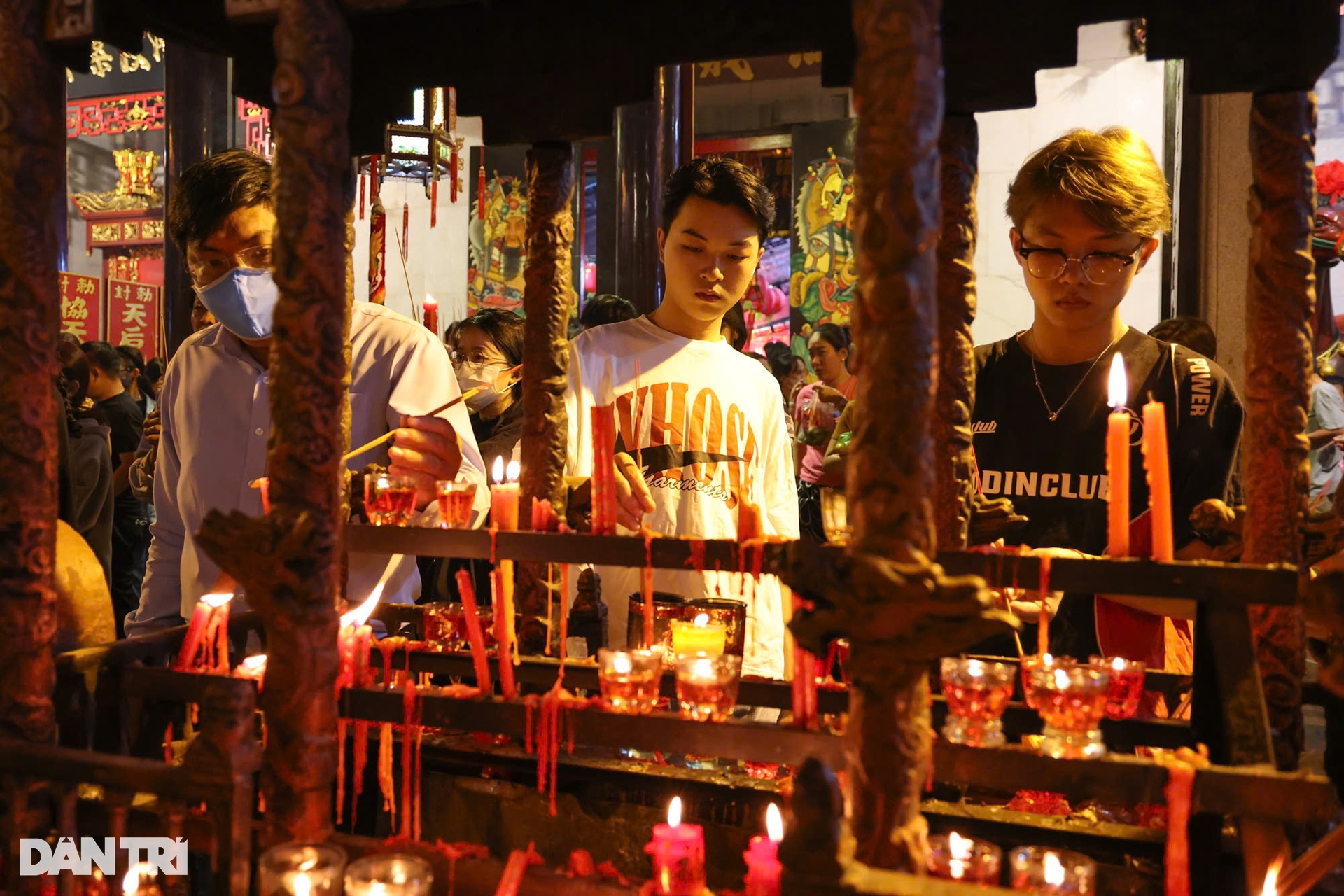
People who come to return the offering must bring double the amount of fortune they borrowed at this time last year. Before returning the offering, people will light incense and bring the fortune to the altar of Ong to state their names, pray and thank him for his blessings in the past year.
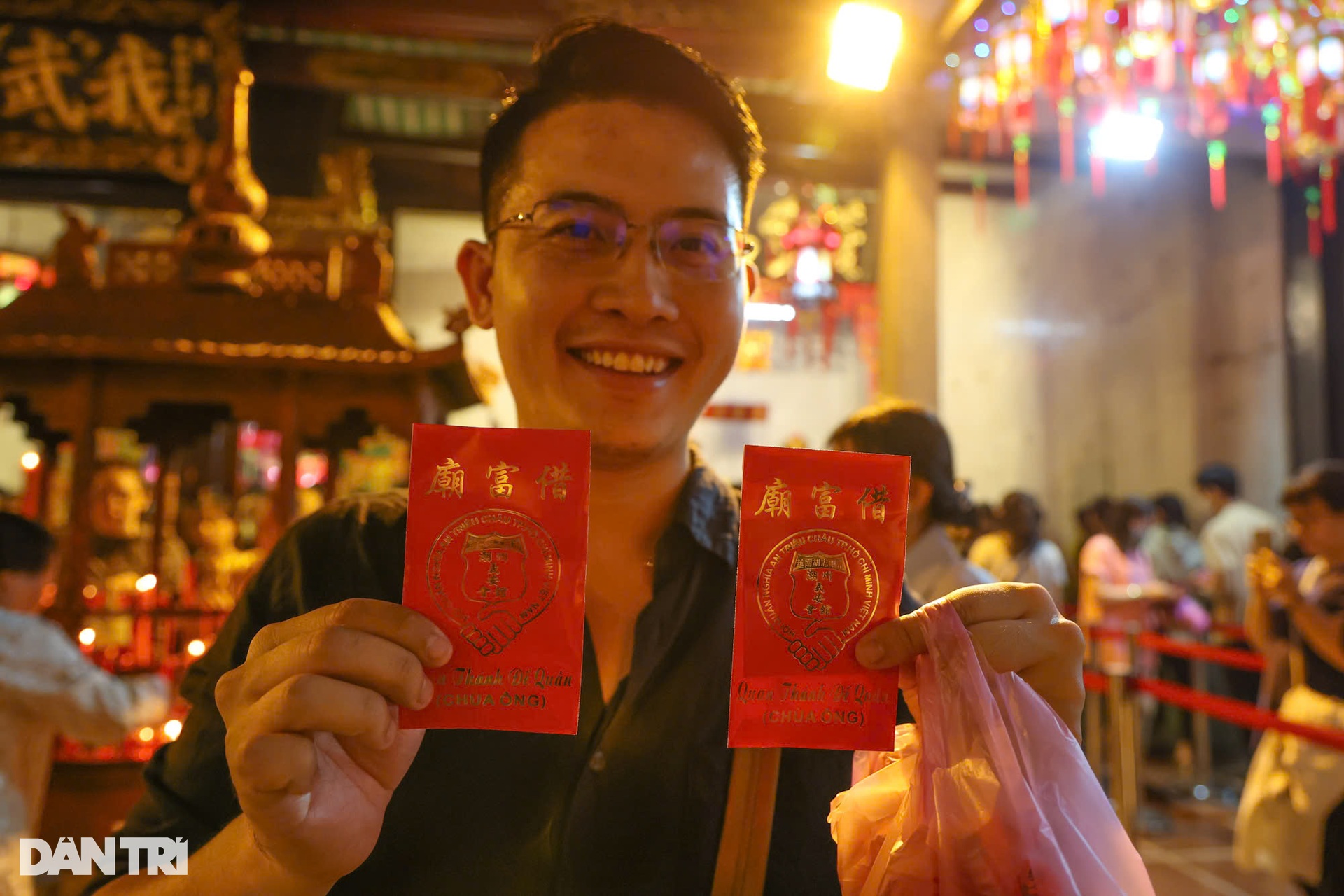
Mr. Van Cuong (28 years old) said that people who come to ask for luck are usually people who want to pray for peace and health, while the majority of people who come to borrow luck are business people and traders who want to make a fortune.
''I have kept the habit of coming to borrow and return the gifts for nearly 10 years. No matter how busy I am, I will arrange to come and return the gifts on time. I believe that in addition to my own business efforts, the fortune is also blessed and bestowed by the gods,'' Mr. Cuong said.
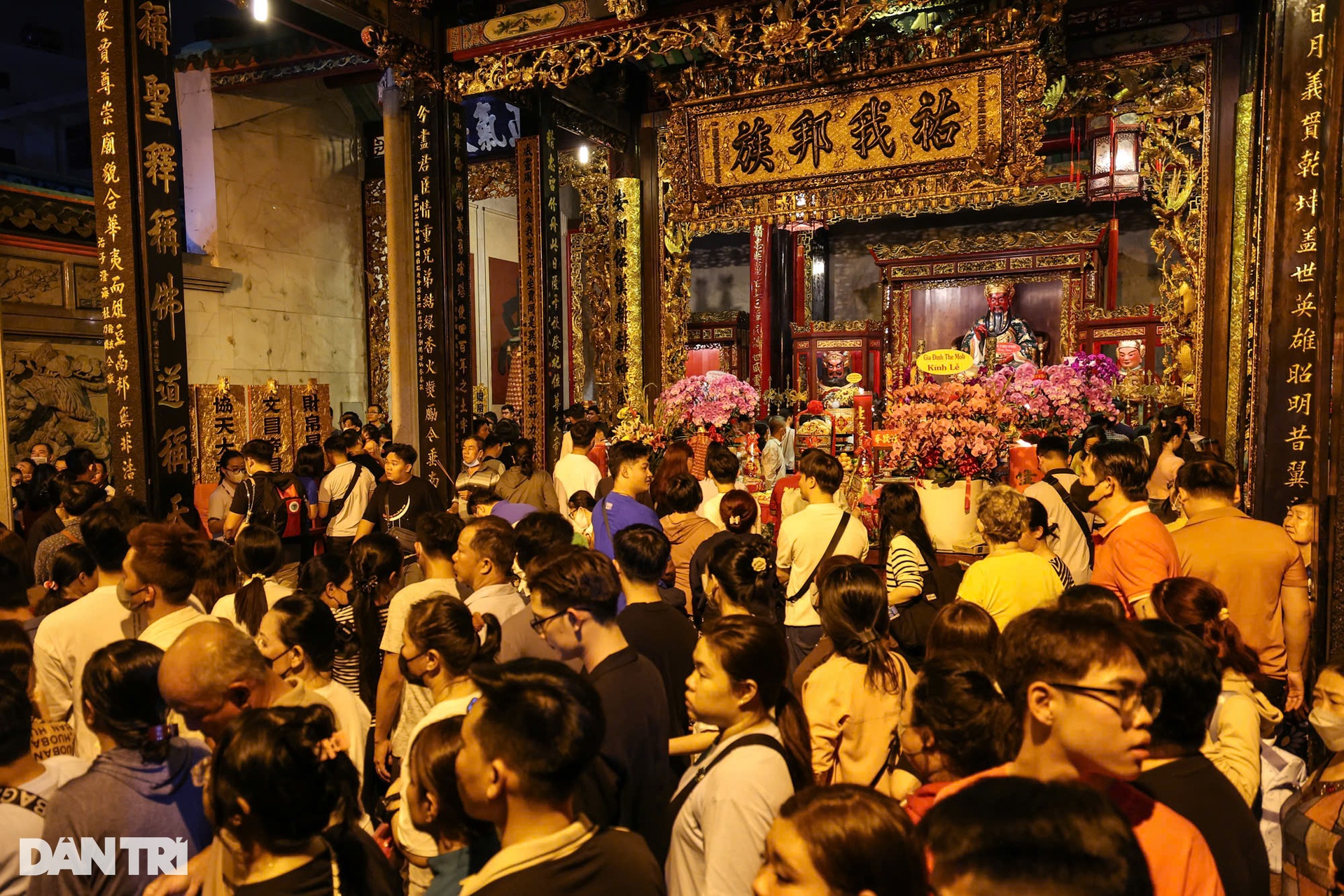
Scene of people lining up in front of Quan Thanh De Quan's shrine to wait to borrow and return blessings. Ong Pagoda restricts people from bringing incense and candles into the main hall to avoid suffocation.
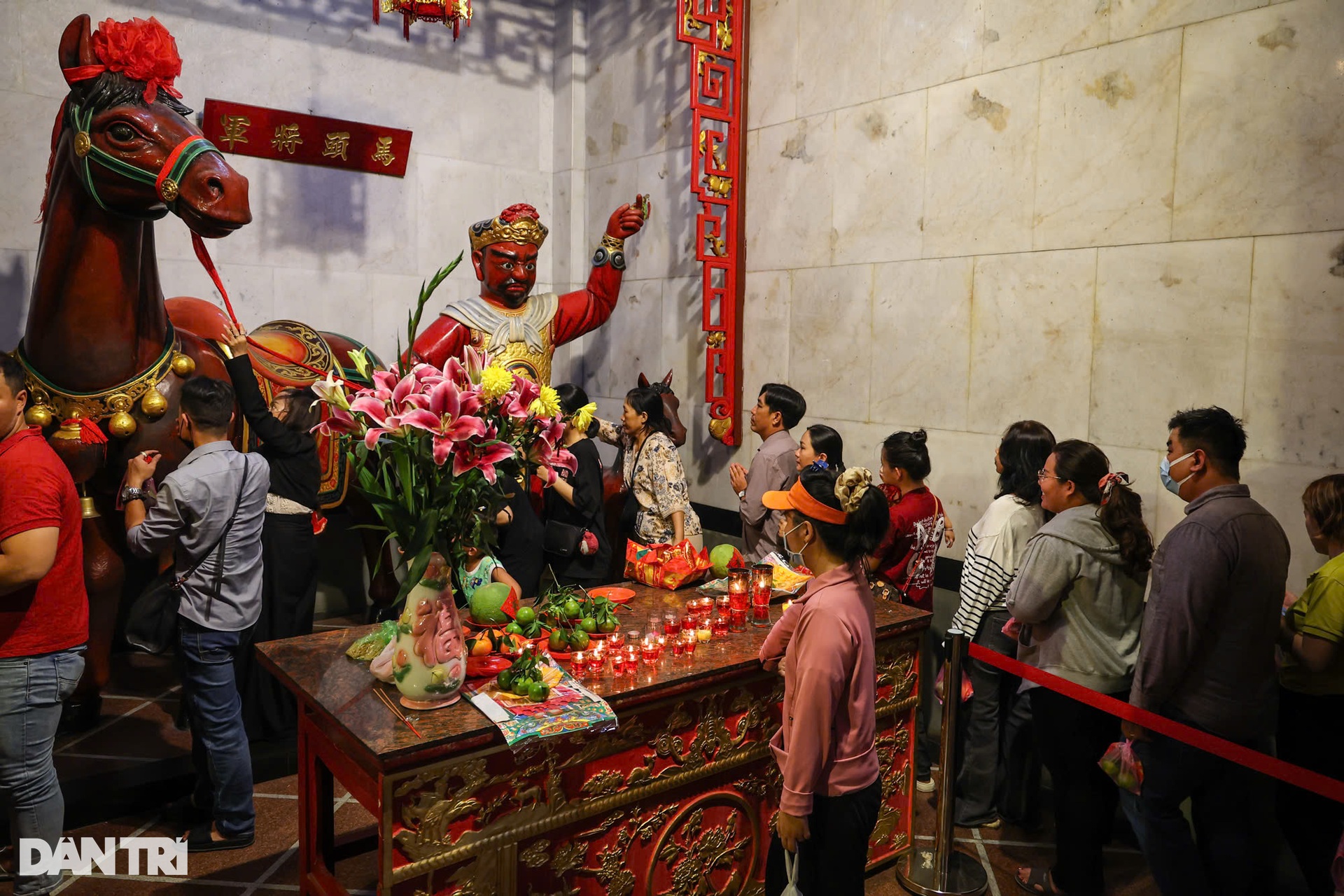
After burning incense at all the shrines, borrowing and returning gifts, pilgrims at Ong Pagoda line up to ring the bell, touch and crawl under the belly of Quan Cong's Red Hare horse to pray for blessings in the new year.
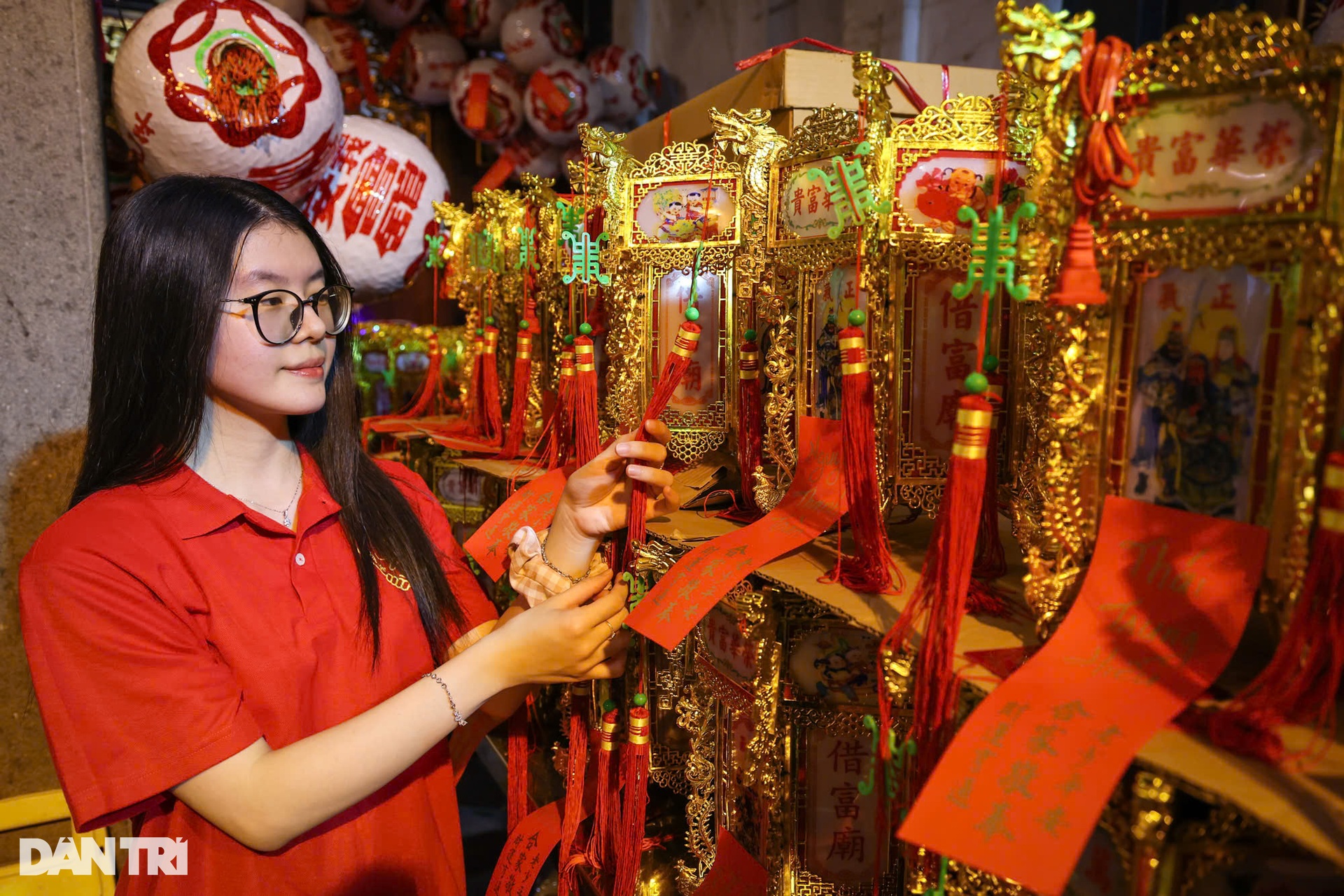
Next to the lucky money lending area is the area where lanterns are sold and hung to pray for luck, wealth and peace. Ong Pagoda sells two types of lanterns: the lucky lanterns are sold for 1 million VND each and the round peace lanterns are priced at 500,000 VND each. When you buy one, you will receive a pair of tangerines and a pair of red envelopes.
Visitors can take the lanterns home or leave them hanging at the Assembly Hall to receive the Lord's blessing.
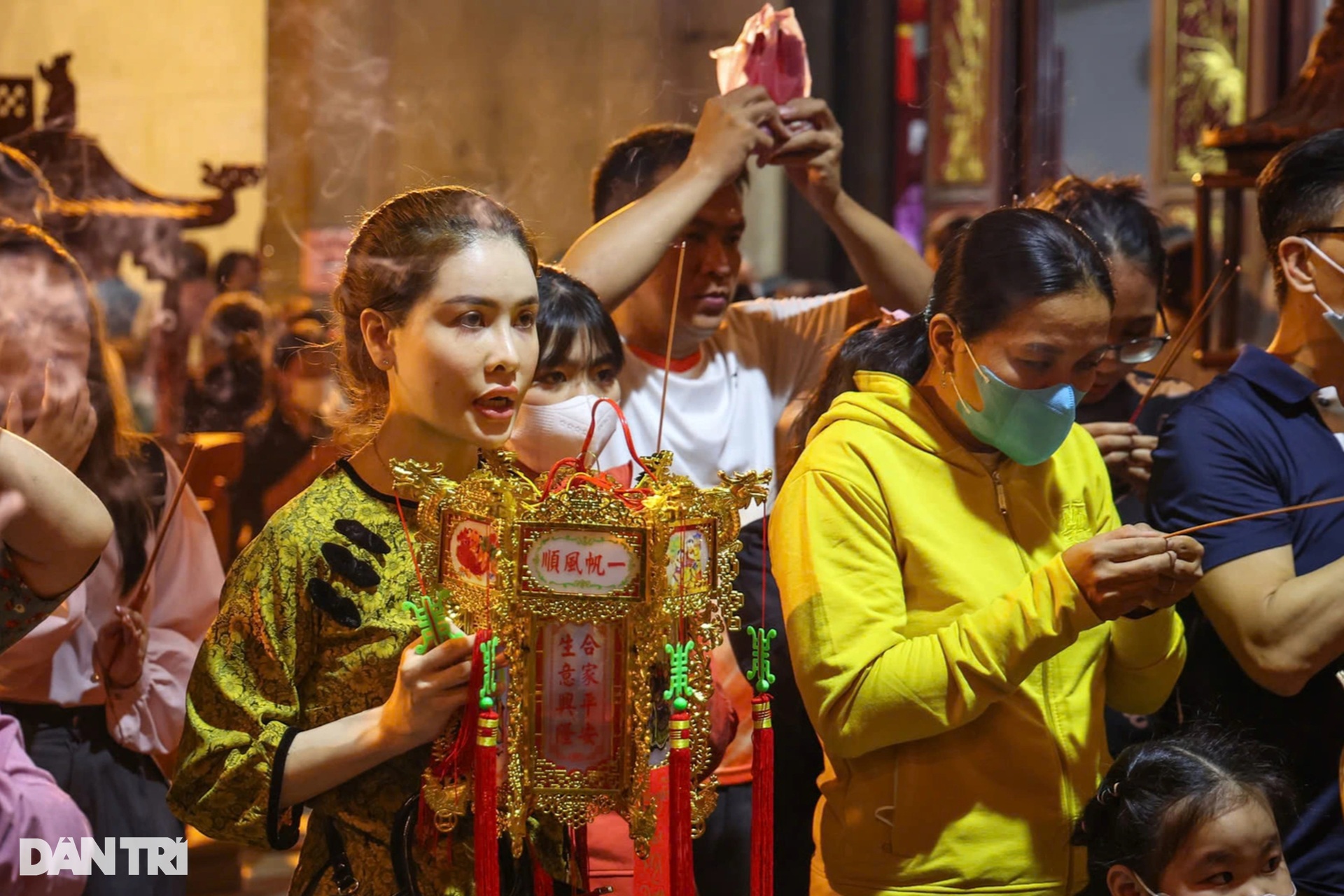
Ms. My Dung (30 years old), holding a lucky lantern in her hand, is praying in front of the altar of Ong before returning it to the guild hall as part of last year's return.
''Although the price of this year's lantern is more expensive than last year, I still decided to buy it and hang it again at the Assembly Hall to pay tribute to the Lord for his blessing over the past year. This act has the meaning of reassuring my mind and creating confidence for me to strive to develop my career,'' said Ms. My Dung.
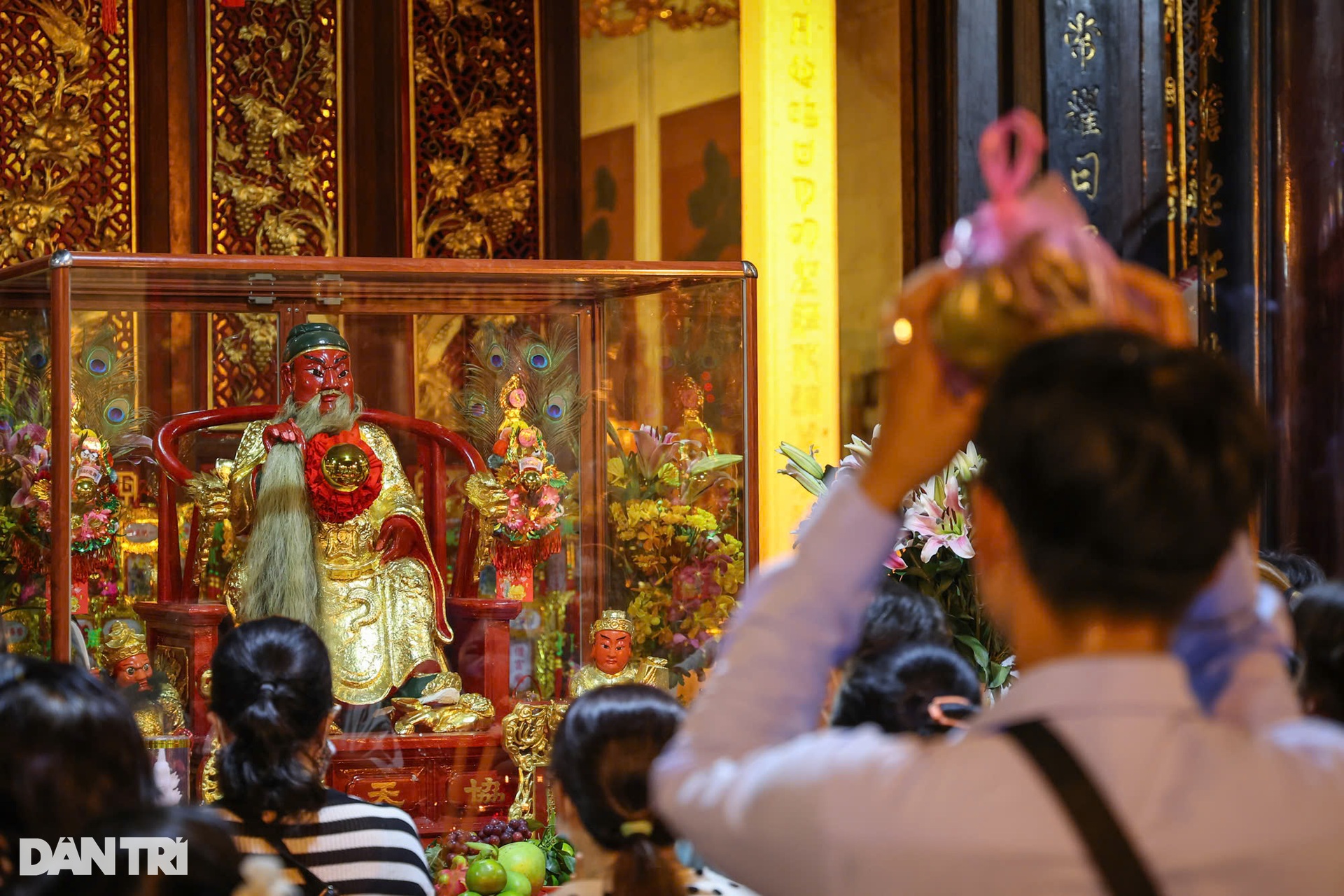
The meaning behind the custom of "borrowing money to get luck" represents the concept of gratitude to the gods who have blessed people with luck as well as the fairness of borrowing and paying back, receiving and giving, leading to a prosperous and good life. This makes the humanity of this custom maintained and preserved for hundreds of years.
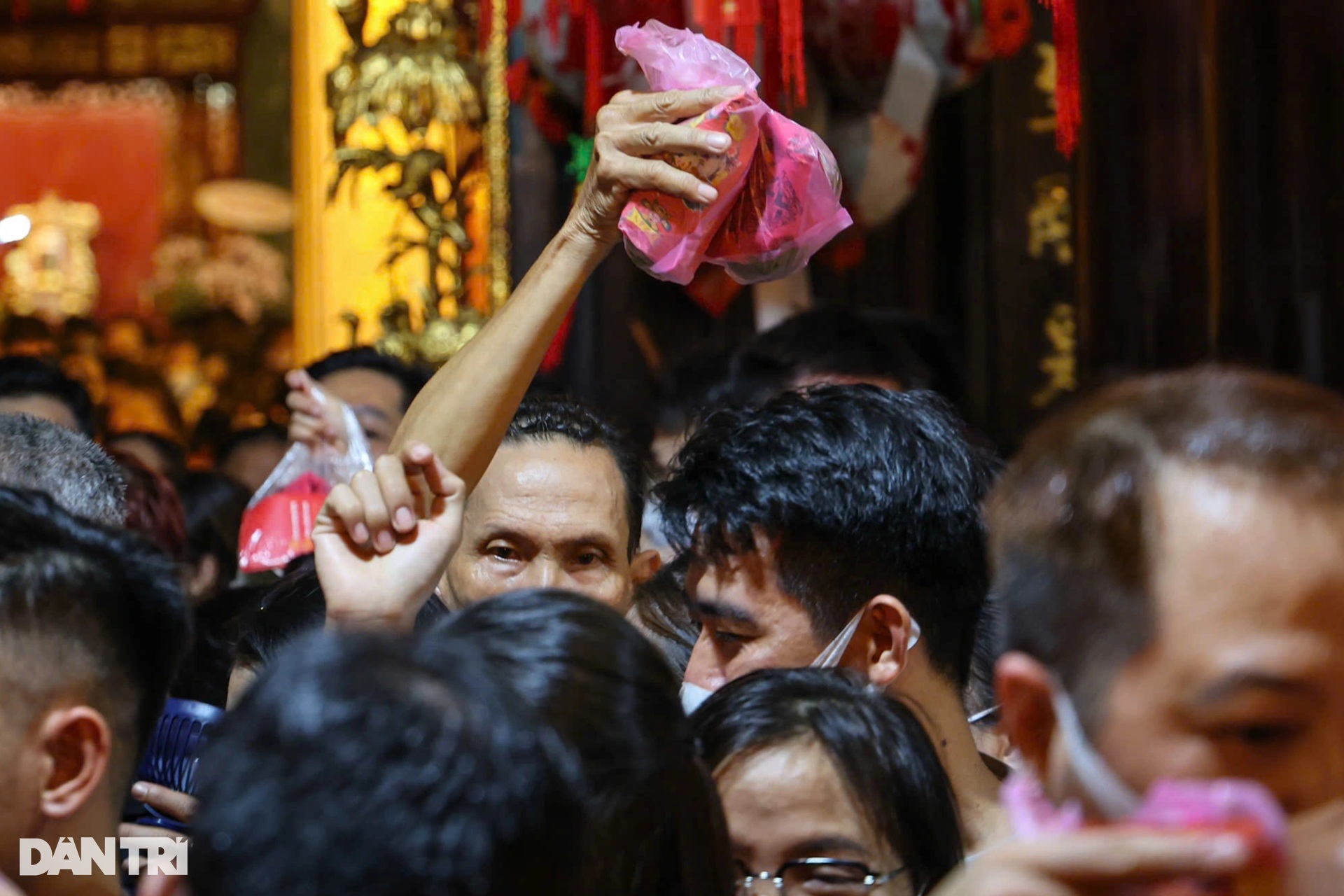
When the loan comes back, the tangerine and the lucky paper will be placed on the altar. After three days, everyone will take out the tangerine to eat and the lucky paper will be carefully hidden behind the statue of the God of Wealth or the Earth God, waiting until the end of the lunar year to burn it.
Dantri.com.vn



![[Photo] Prime Minister Pham Minh Chinh chairs conference on anti-smuggling, trade fraud, and counterfeit goods](https://vphoto.vietnam.vn/thumb/1200x675/vietnam/resource/IMAGE/2025/5/14/6cd67667e99e4248b7d4f587fd21e37c)














![[Photo] Prime Minister Pham Minh Chinh chairs conference on anti-smuggling, trade fraud, and counterfeit goods](https://vphoto.vietnam.vn/thumb/402x226/vietnam/resource/IMAGE/2025/5/14/6cd67667e99e4248b7d4f587fd21e37c)










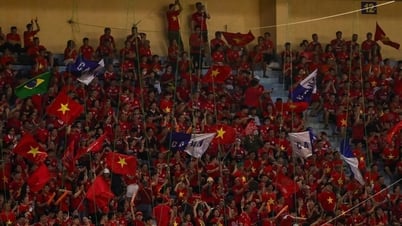



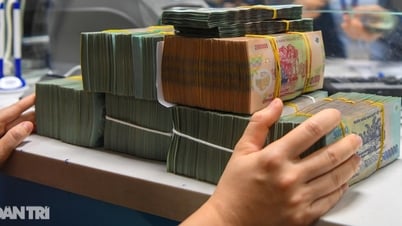















































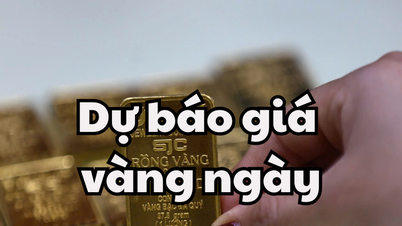





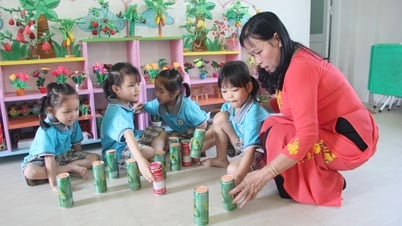









Comment (0)